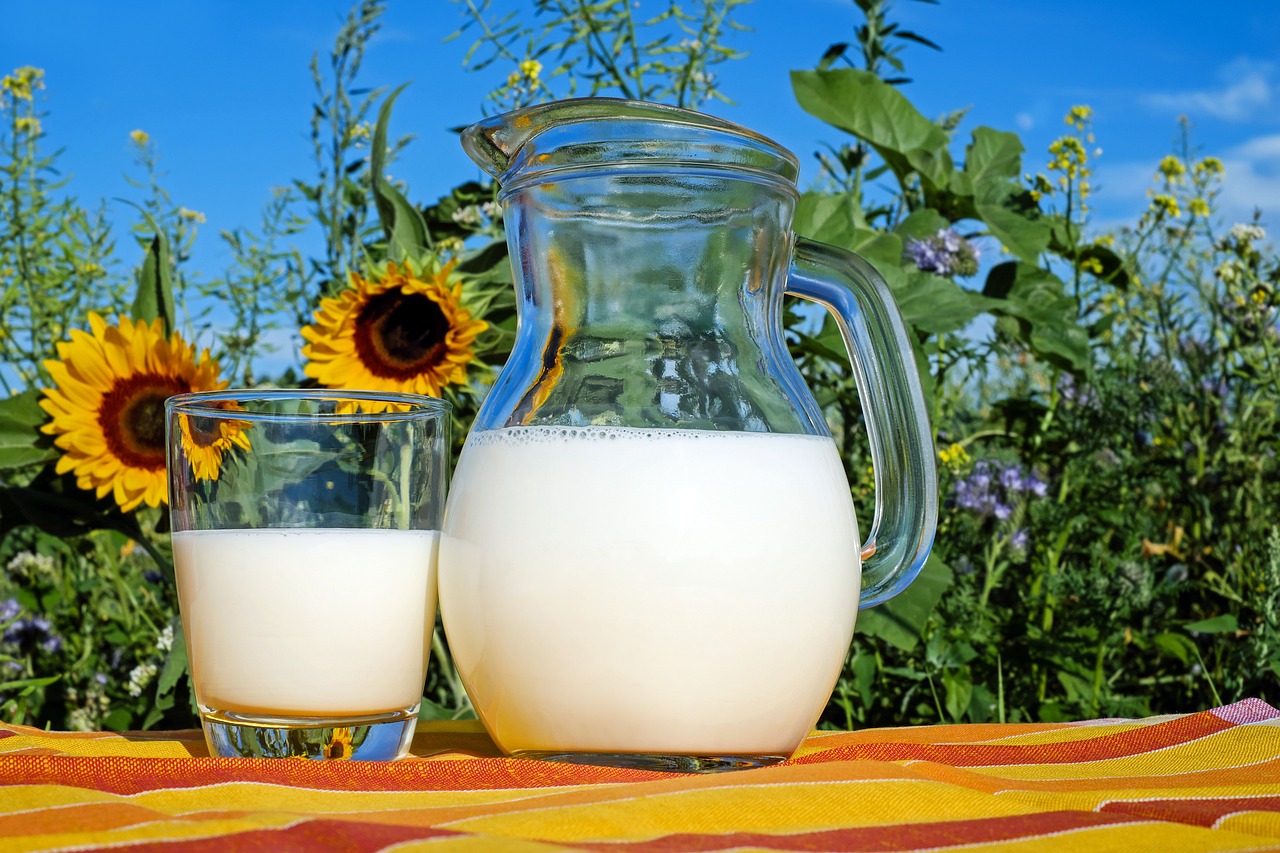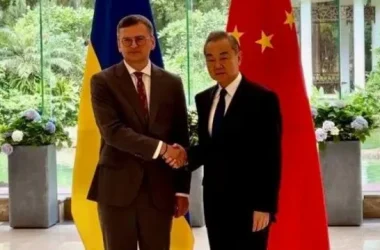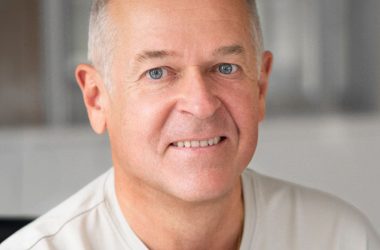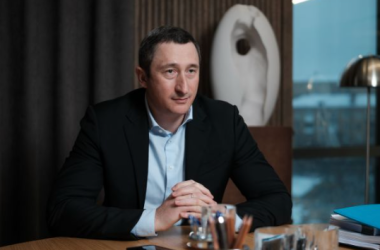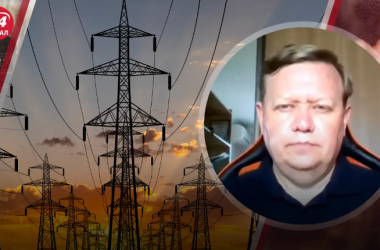In 2024, the growth of milk supply in the world will be limited, IFCN analysts predict. Production will be pressured by a high cost price, primarily due to the increase in the price of fuel and lubricants and logistics, as well as new legislative requirements related to the greening of production and the improvement of animal welfare.
In addition to the above-mentioned global challenges, the agricultural sector of Ukraine has suffered colossal losses due to the war for the second year in a row, and the upcoming accession to the EU already obliges Ukrainian milk producers to meet the quality and safety requirements of the European community’s products.
In order to maintain a position in the international dairy arena and to strengthen the status of a net exporter of dairy products, Ukrainian milk producers should build their own business model of a dairy farm based on the advantages that are already present in conducting agricultural business in Ukraine. Why this is a real necessity and how it is related to subsidies in the EU – said Olena Zhupinas, head of AVM projects on cooperation with recycling.
At the same time, it is worth taking into account the comments of IFCN analysts, which they shared during the IFCN Dairy Conference-2023 international conference. In view of the new circumstances and challenges, they advise dairy farmers of the world, who are thinking about the future and prospects of dairy production, to take into account the following:
- Decide on the strategy of the national industry — import or develop own production. Against the background of changing society’s attitude to milk and dairy products, dairy farming and farms, the question of the dairy future of each country is particularly relevant. At the national level, it is worth deciding whether to be an importer or develop own production, taking into account the variability of conditions and the volatility of the market. Each country must make its own decision.
- Produce more nutrients to have a reliable source of income for sustainable development. For Ukrainian milk producers, the issue of fat and protein content in milk is particularly relevant. Currently, the basic indicators are 3.4% fat and 3.0%, while in the top EU dairy countries these indicators are higher (for example, in Poland, France and Germany – 3.7% fat and 3.2% protein). Having chosen the Eurovector, we must expect that the basic indicators will be revised, accordingly, there will be changes in the technical requirements for raw milk.
- Fight for the farmer, because information and dialogue are the key to consumer loyalty and a guaranteed price for milk. On the one hand, it is necessary to communicate with the consumer and inform about the challenges that the farmer, processor and distributor face in order to put a healthy ecological product on the shelf, and that such a high-margin product cannot be sold cheaper than, for example, bottled water.
On the other hand, an effective dialogue with politicians is needed. As you know, the European Green Deal was announced in 2019, which includes a number of measures that require significant additional investments in dairy production. When deciding on the green course, politicians listened more to eco-activists, and few people consulted with farmers – they were simply faced with the fact.
As a result, due to the already high cost of milk production, farmers are forced to close their businesses and are unable to ensure food security. Therefore, when it comes to environmental sustainability, we must also remember economic sustainability and the ability to produce the kind of milk that the world needs.
That is exactly why you need to be flexible, ready for changes and bold non-standard solutions. According to IFCN analysts, today the world’s dairy industry moves at a speed of 50 km/h, and it needs to accelerate to 150 km in order to meet all the challenges that the economy and climate change pose to dairy farmers.
Press service of the Association of Milk Producers



